 Thursday, August 25, 2022 |
Thursday, August 25, 2022 |  Hugh Locke
Hugh Locke Leading the Way in Regenerative Cotton
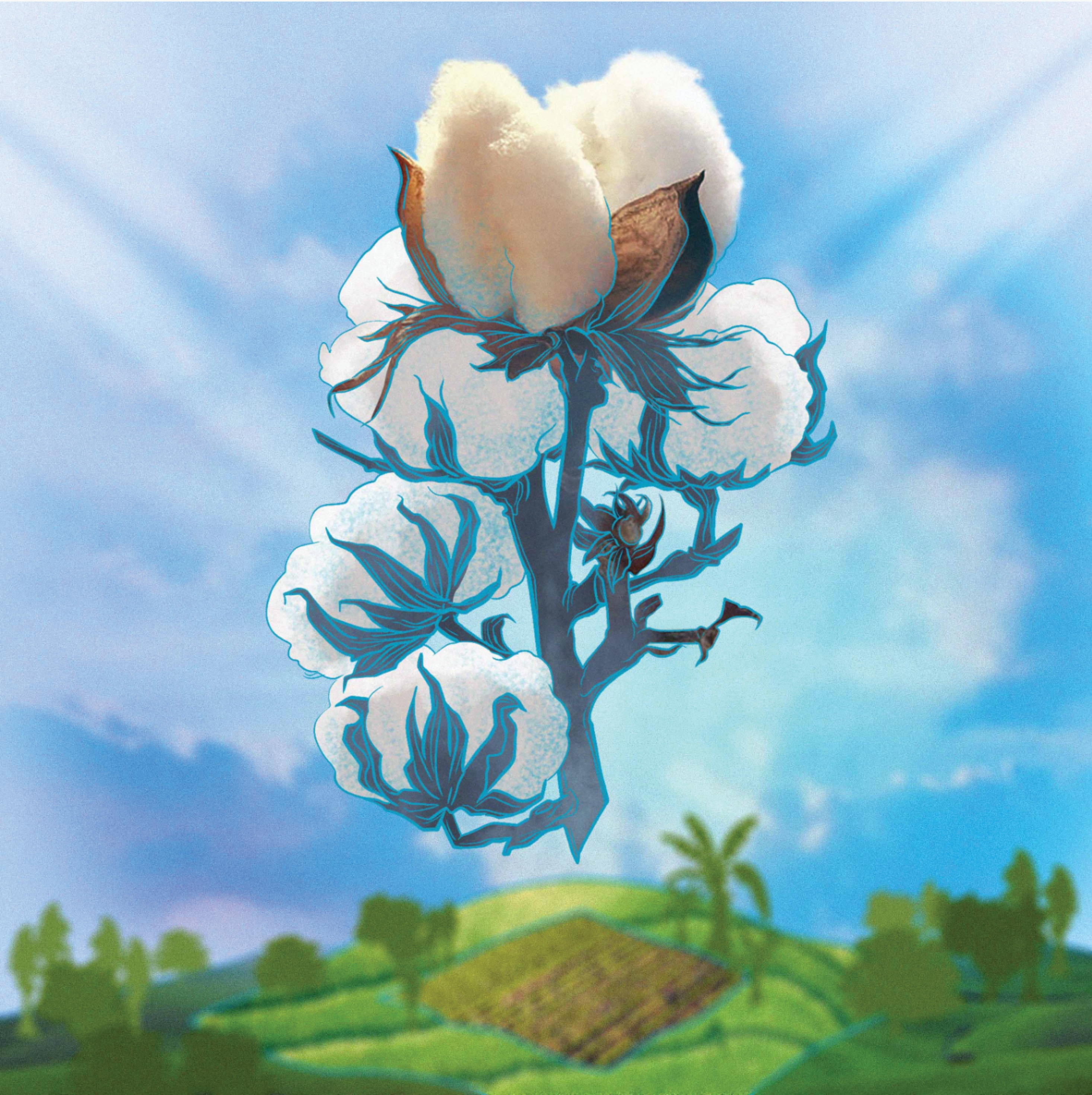
The big story about Haiti remains the chaos in Port-au-Prince, but this is a small story of hope takes us from the nation’s capital to remote farming communities where something remarkable is happening. It is something that many from outside Haiti are closely monitoring because the results will also benefit farmers in other developing countries.
At the international level there has been a quiet revolution growing in agriculture, which has long been a major contributor to climate change. While not yet a household name, regenerative agriculture is emerging as the new global gold standard for sustainable farming. Rather than contributing to climate change, this holistic system of land management actually helps to reverse it by making measurable improvements to farmland, biodiversity and the environment in the course of producing nutritious food, fiber and other products. The regenerative approach also tracks the impact of agriculture on the farmers, their families and their communities.
Haiti is home to one of the most important trial sites for regenerative agriculture, and the results are expected to be adopted by smallholders outside our borders.
The Smallholder Farmers Alliance (SFA) has been working for the past year with the Terra Genesis consulting group to develop a regenerative cotton program that is tailored to Haiti. The 300 SFA farmers who planted cotton last month will harvest one of the world’s first verified regenerative cotton crops next January. The SFA has been supported in this effort by Timberland, the VF Foundation and the VF Corporation.
Regenerative agriculture is a new approach that draws heavily on indigenous wisdom and various systems of organic farming. What is new is the ability to combine the best of these approaches into holistic principles that are used to create site-specific applications that take into account the farmers themselves, the climate, the region and the cultural context.
Another important difference is whether you measure success via process or outcome. The conventional approach of organic agriculture, for example, measures success using a one-size-fits-all checklist of how farming practices are performed. This includes confirming/ensuring no pesticides, chemicals or GMOs have been used. And while this is important, regenerative agriculture goes further and also measures the environmental and social impact of each farm and crop. Process counts, but results are key.
To learn more about growing regenerative cotton, check out Four Paradigms of Farming by our friend Tim Tensen. And for the full story of how regenerative cotton came to Haiti you might want to read Cotton’s Journey: From Field, to Shoe, to Revolution(s)… written by the two of us.
---------------------------------------
Hugh Locke, President, SFA
Timote Georges, Executive Director, SFA
---------------------------------------

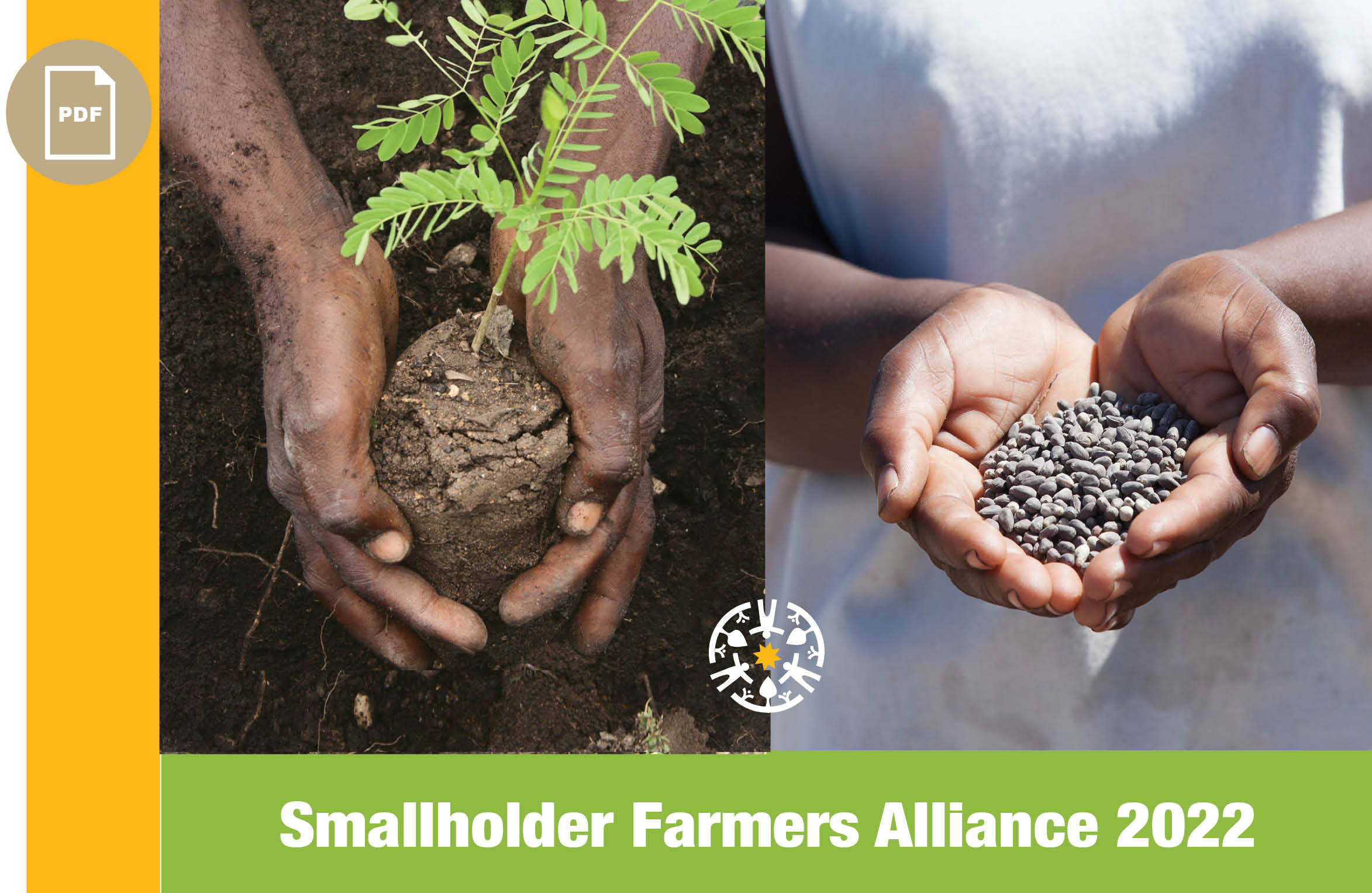
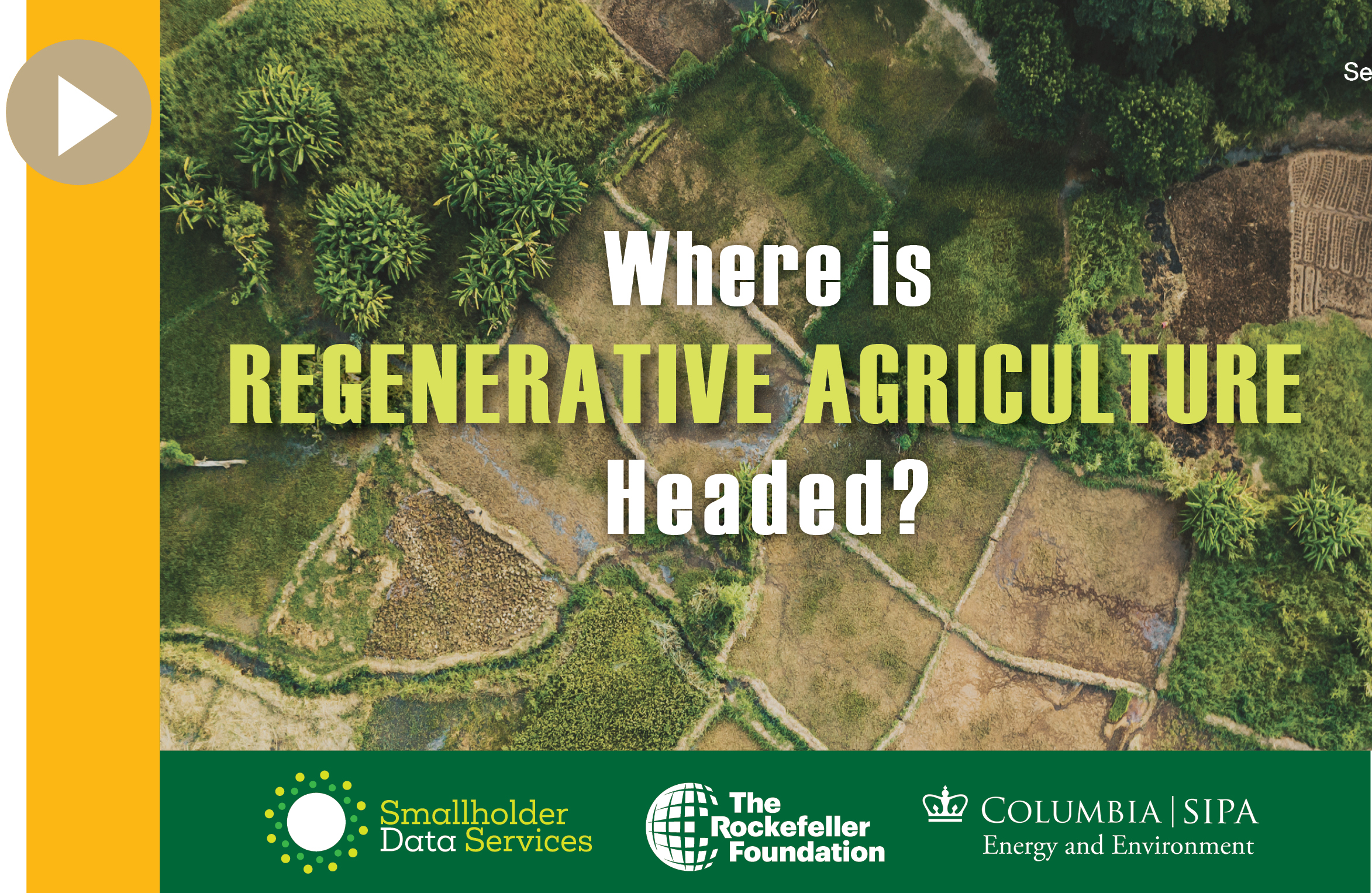
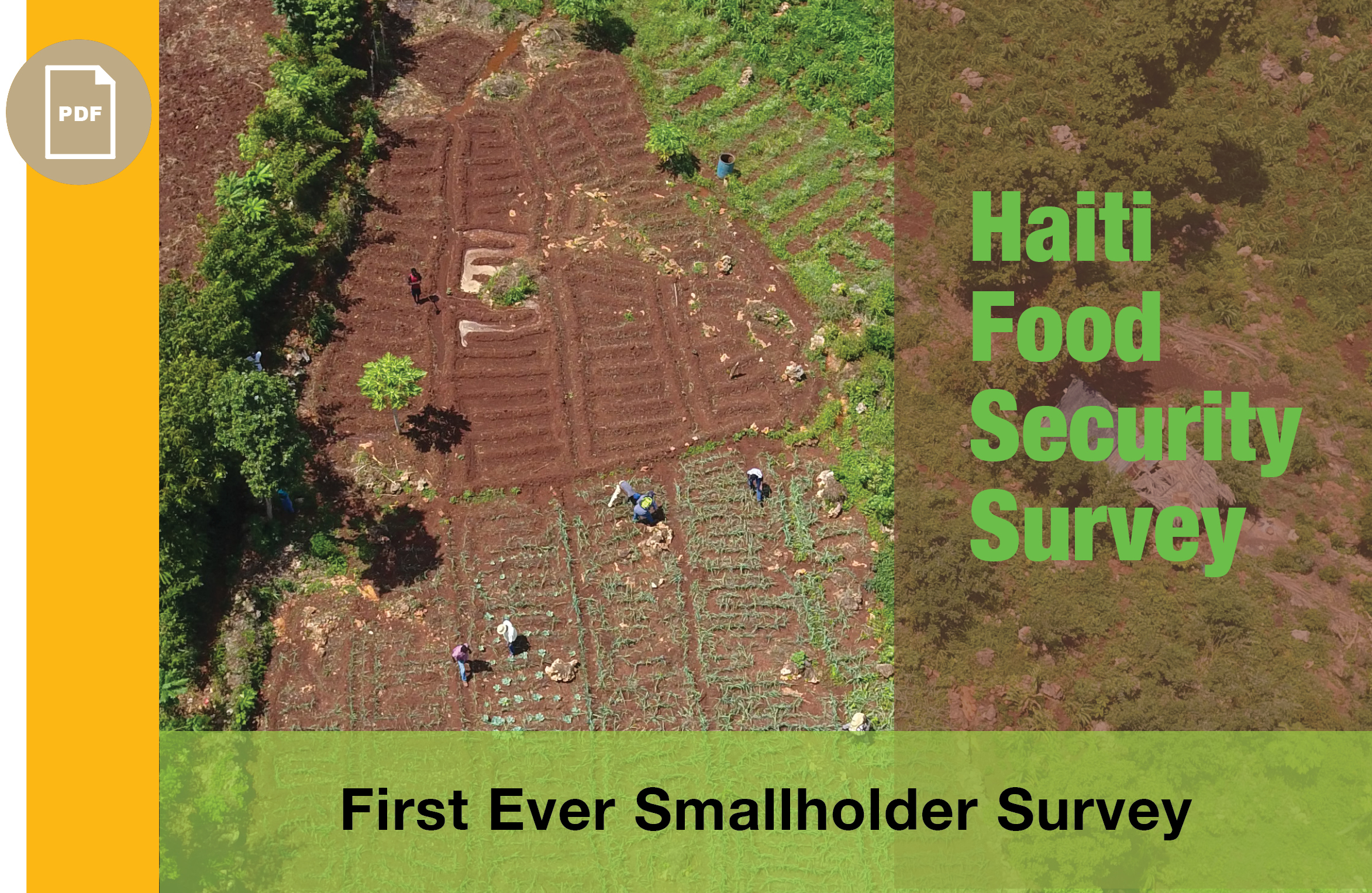
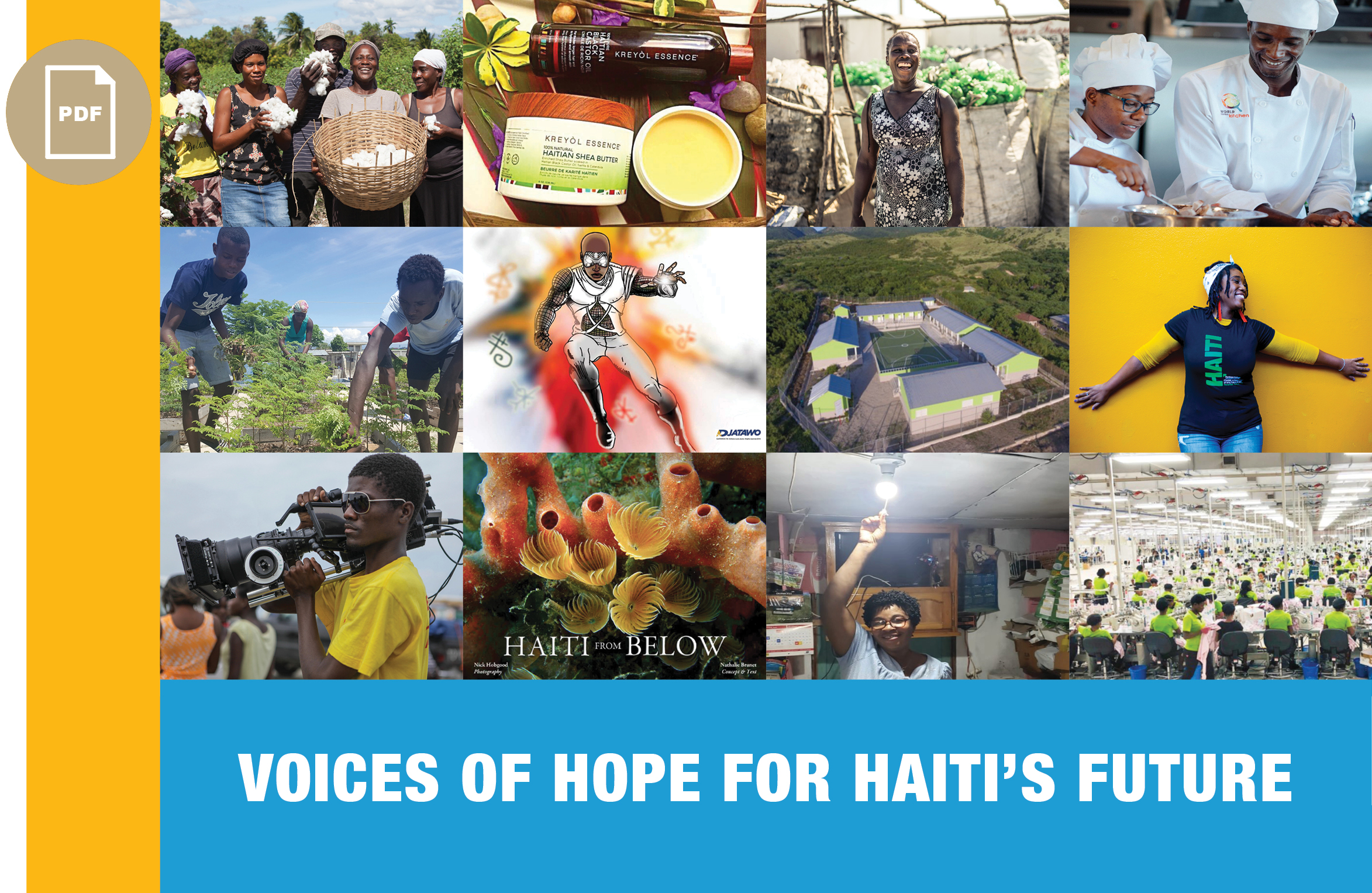
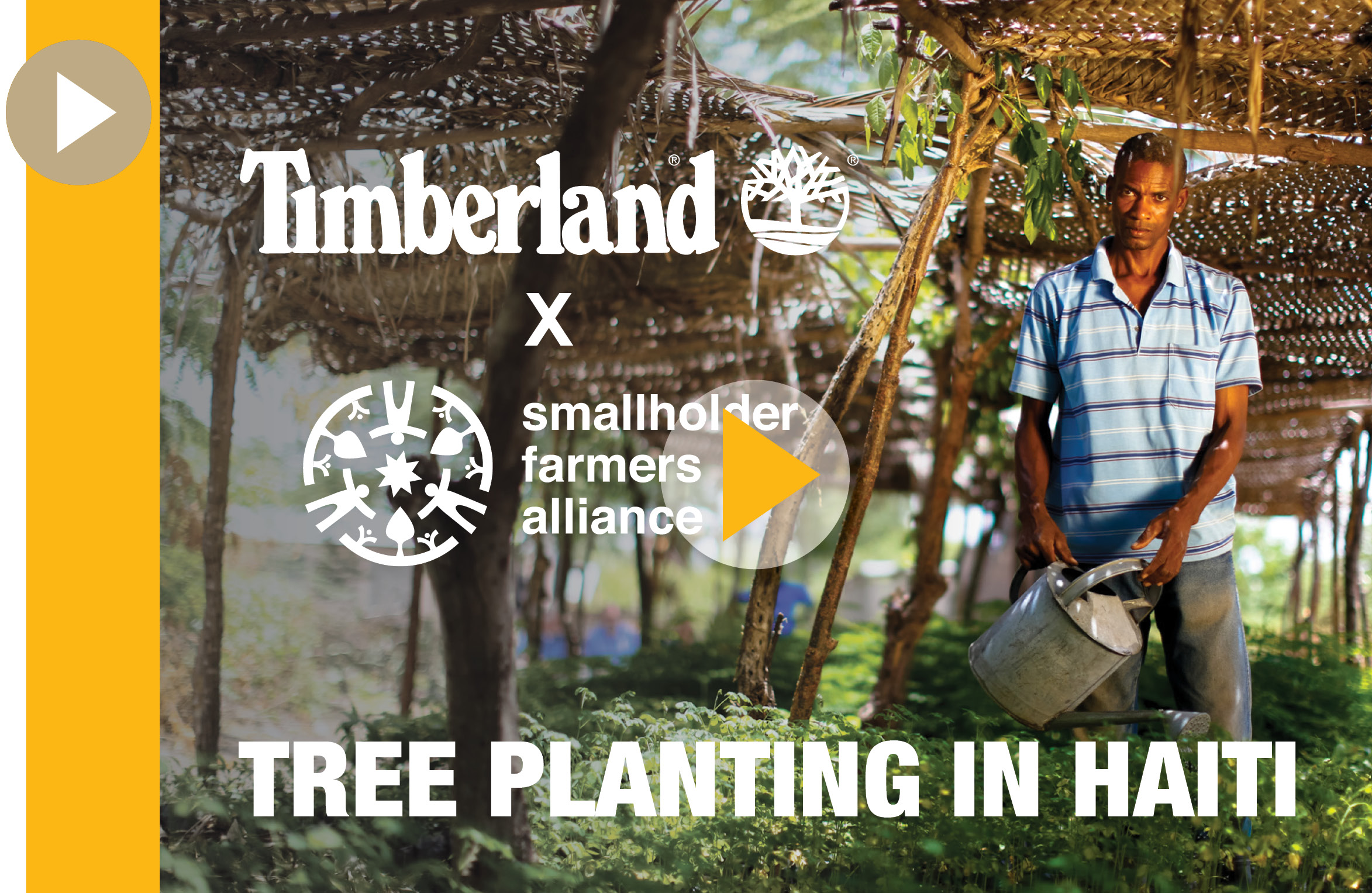
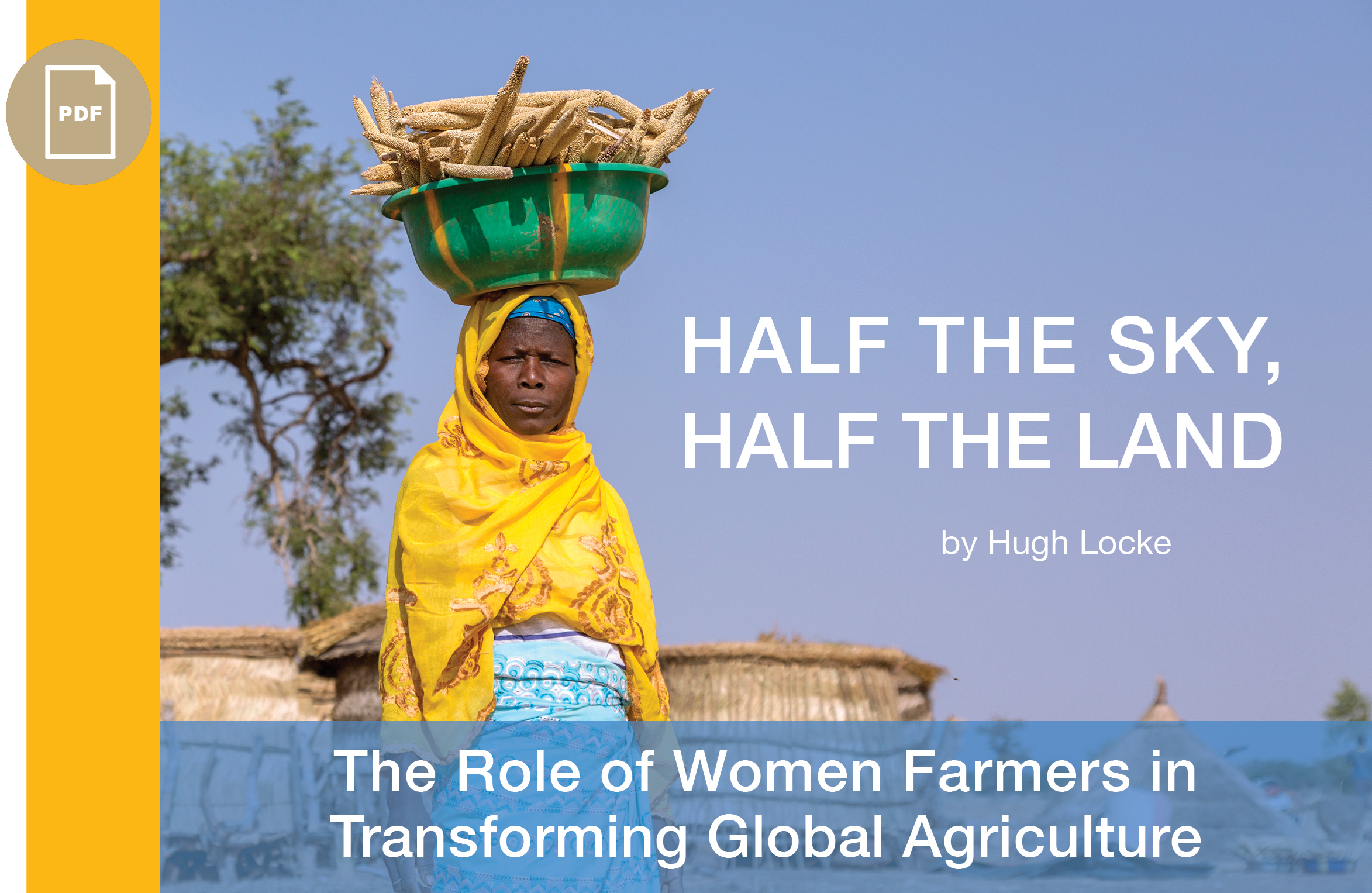
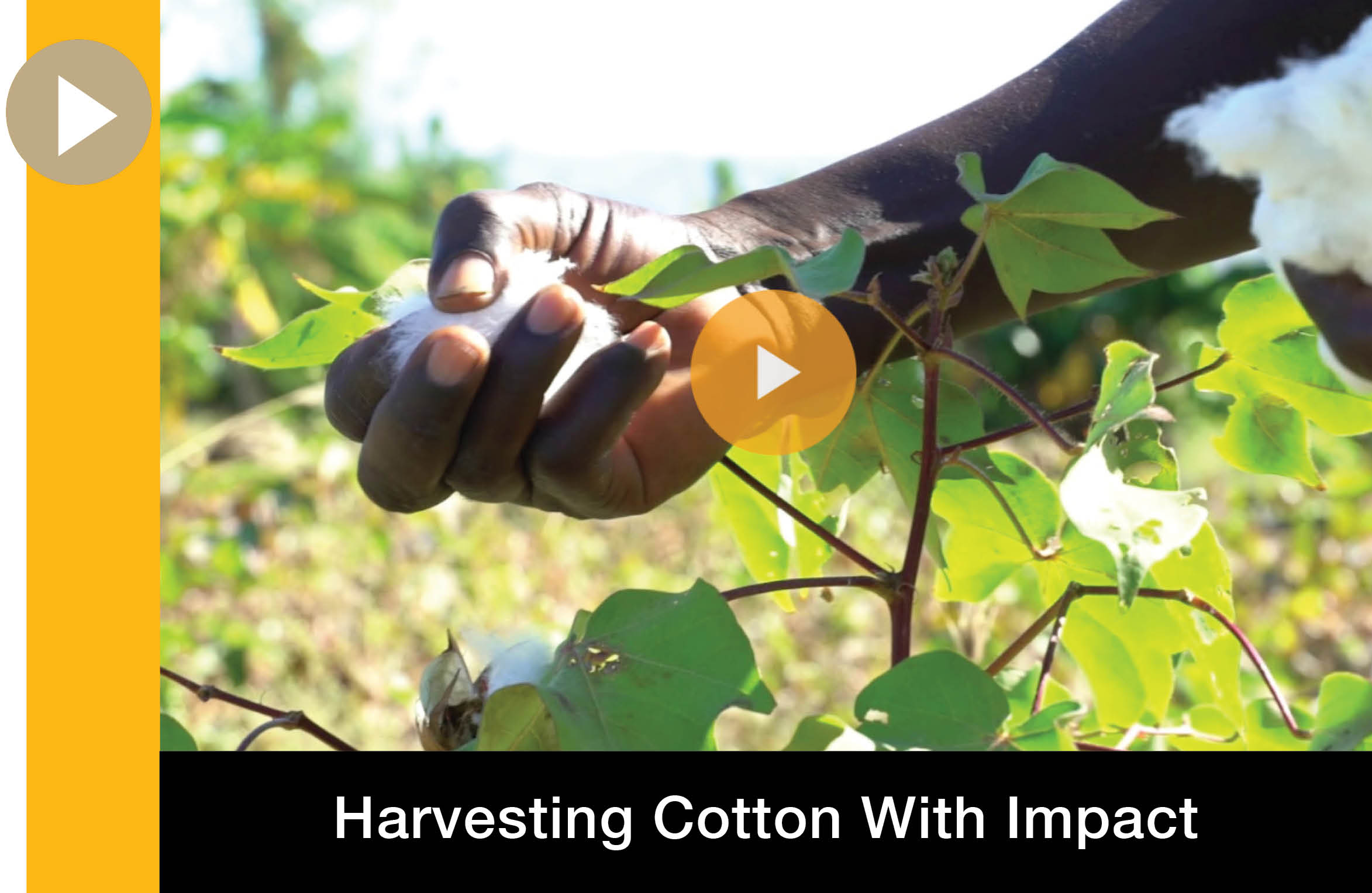
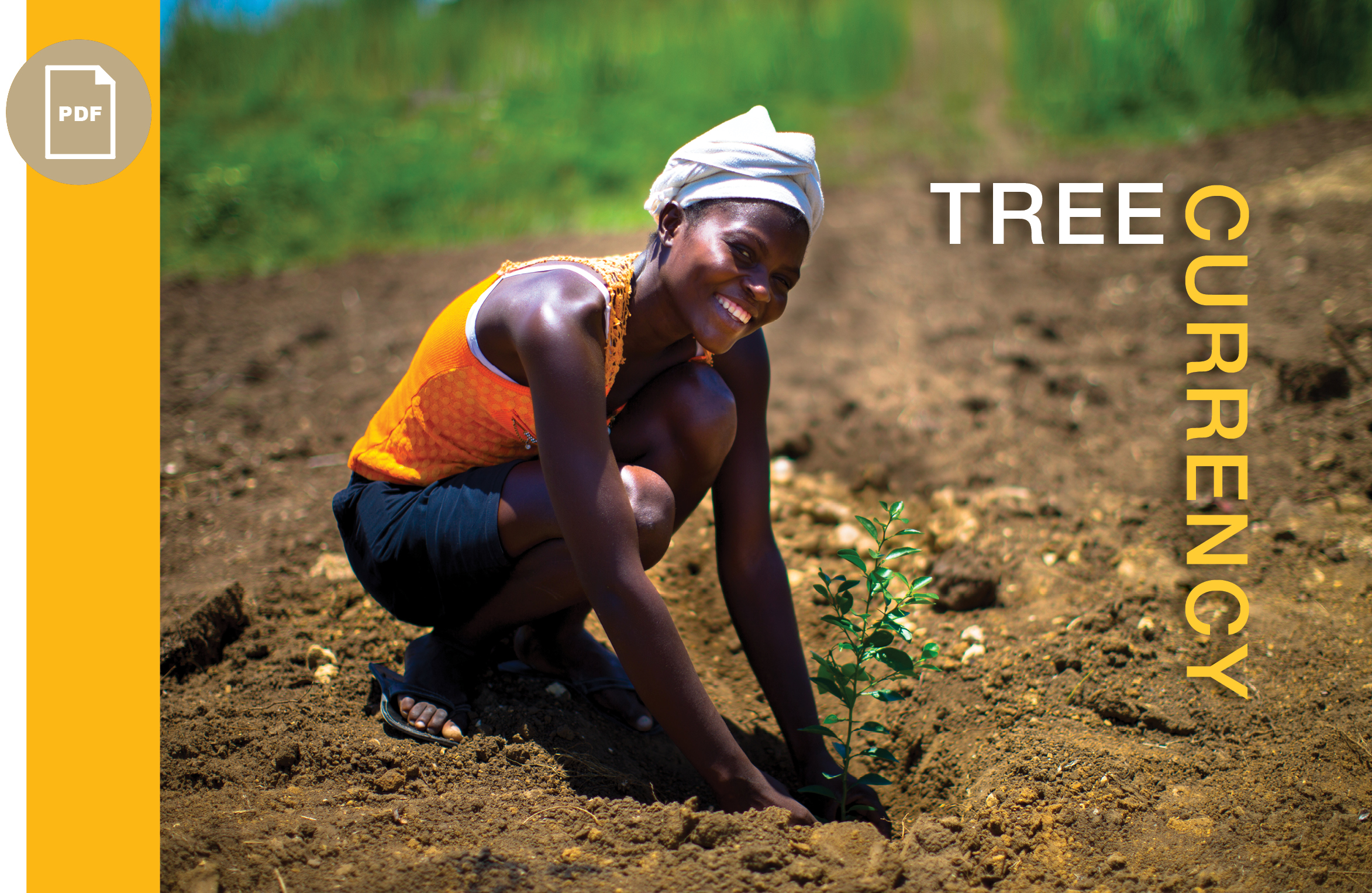
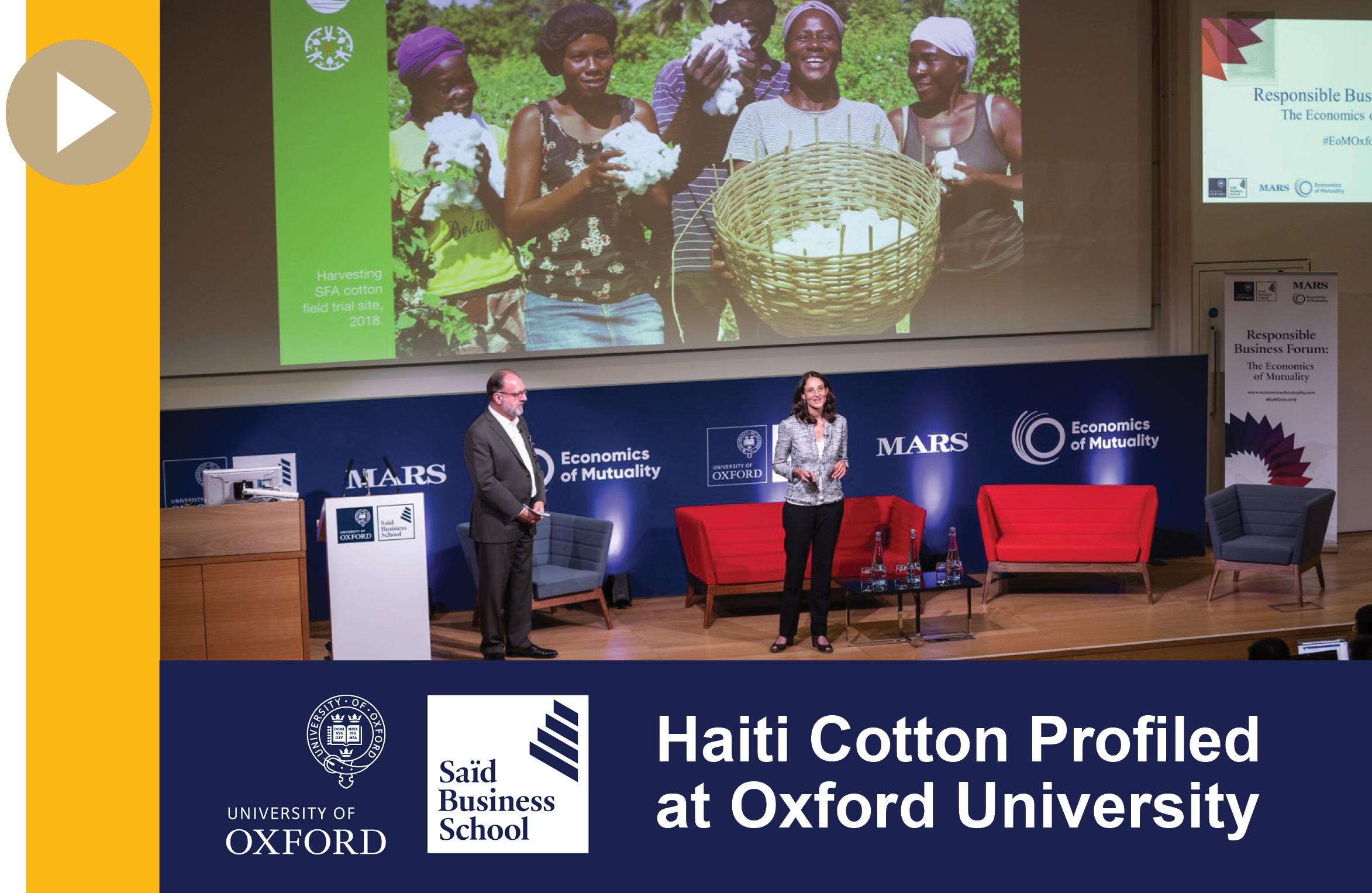
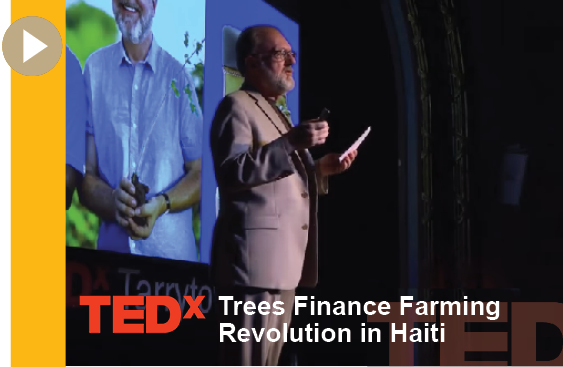
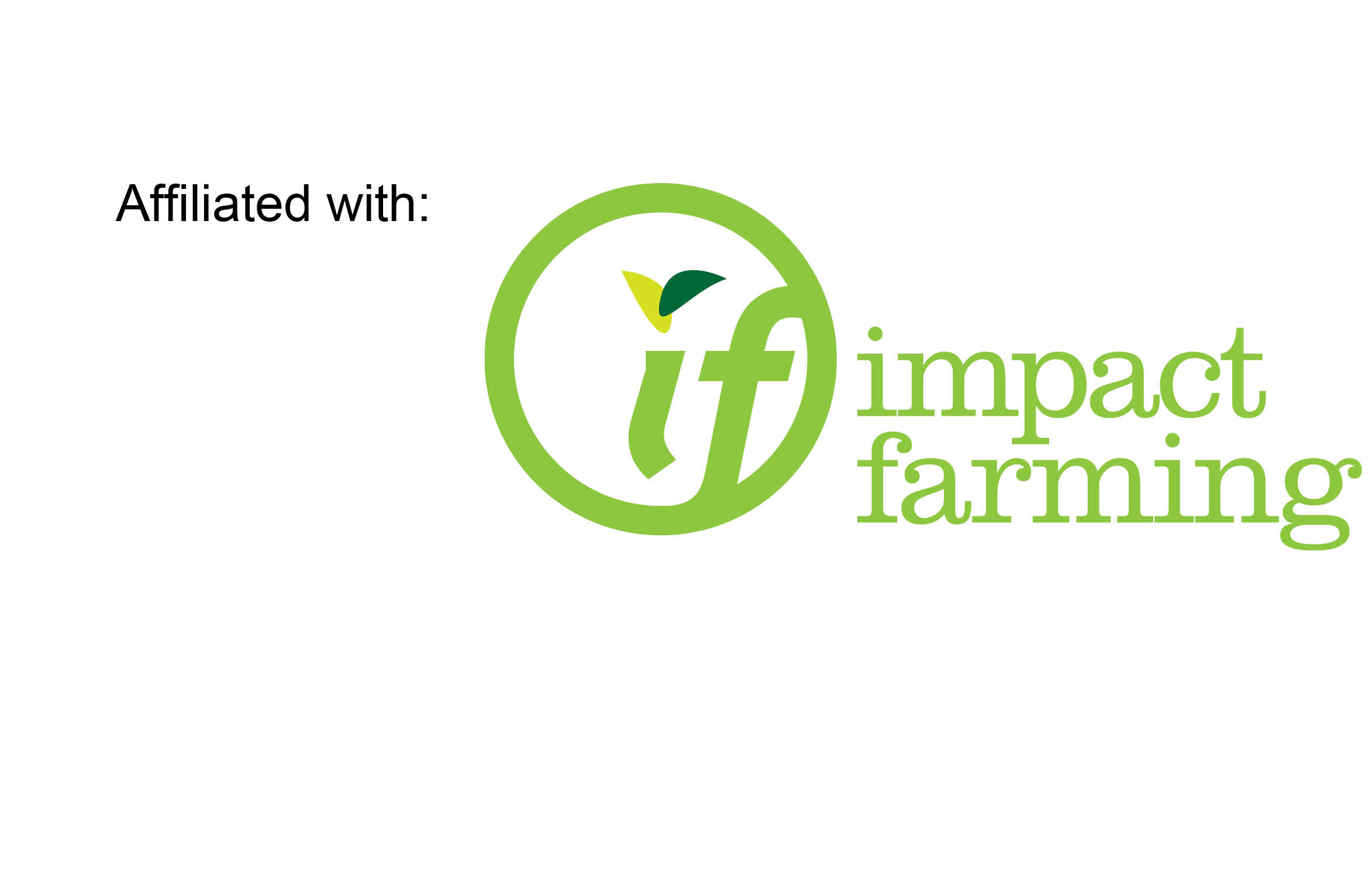
Reader Comments